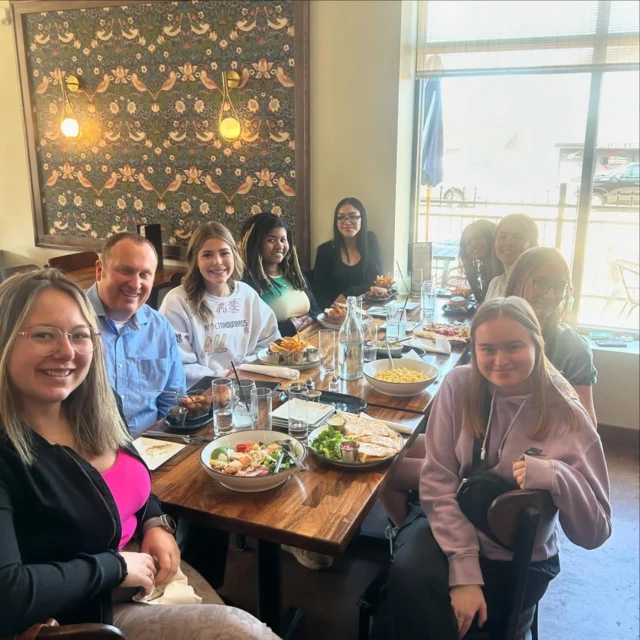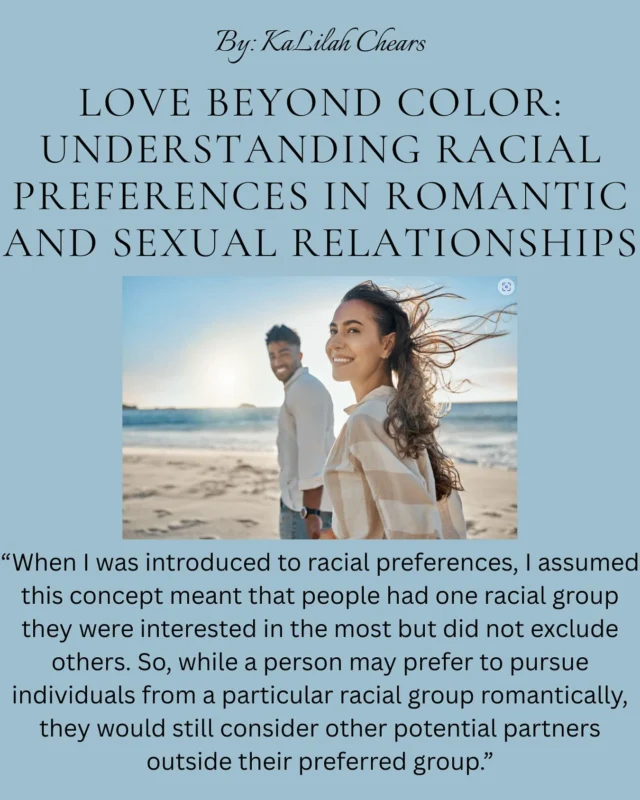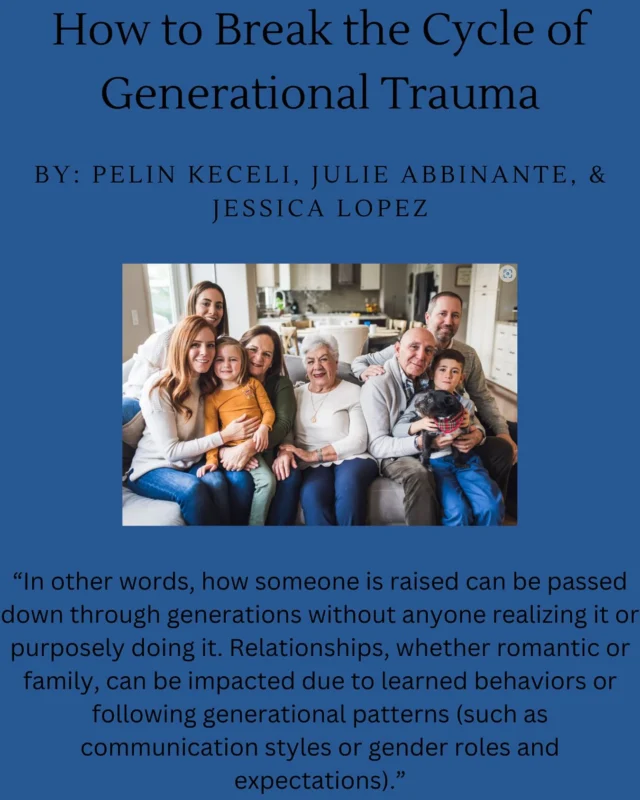Throughout the course of our lives, we all experience violations of love, trust, and loyalty, and there are certainly times we may feel that our relationships are unfair. Like commitment, I have often wondered what the implications would be for our relationships, our families, and society if we were more trustworthy and fair to each other. Finding ways to make home life more fair and equitable is an idea that has been discussed repeatedly by many of my colleagues. In my experience as a clinician, when relationships are governed by fairness and equity, individuals can give more freely of themselves and can confidently and clearly ask for what they need in relationships.
As I was training to become a marriage and family therapist, I gravitated to a therapeutic framework that specifically addresses fairness in relationships called contextual therapy. This intergenerational therapeutic model was developed by Ivan Boszormenyi-Nagy, one of the pioneers and founders of family therapy. At the heart of contextual therapy—which is central to my work with individuals, couples, and families—is a concept called relational ethics. Relational ethics addresses the balance of give-and-take within relationships as couples and families love and care for one another and open themselves to receive love and care from others. As my colleague Alexandra Schmidt Hulst and I explain in our recently published book, Contextual Therapy for Family Health: Clinical Applications:
“A relationship high in relational ethics bears the fruits of trustworthiness, justice, and loyalty, which create a strong foundation of love and commitment. In relationships that are just and help to build up our individual self-worth and relational identity, we are prepared to juggle the demands of loyalty to our family identity and the seeking of personal independence. It becomes safe for us to give to others and sacrifice what we might want for ourselves because we are able to trust that our partner, parent, or sibling will do the same for us someday. This cycle of balanced giving and-taking creates a fertile ground for loving, kind, compassionate experiences that encourage both relational and individual growth.”
Interestingly, research on relational ethics has found a link to both our mental and physical health. For instance, Heath Grames and colleagues utilized a nationally representative survey sample to investigate the associations between relational ethics, marital satisfaction, and physical and mental health outcomes. Their results indicated that middle-aged married adults who reported less trustworthiness, fairness, and loyalty in their marriages and families of origin were more likely to report a diagnosis of health problems, such as cardiac disease, diabetes, alcohol abuse, depression, and anxiety.
The decisions in our family relationships can impact generations (e.g., Amato & Patterson, 2017). In a research study I conducted with my colleagues, we found that parental infidelity had a negative impact on adult children and their ability to be true in their own relationships (this was especially the case if the father had cheated). These findings were replicated and extended in several ways in a recently published study by Codina Karwa and colleagues. The takeaway from these findings for parents is to remember that our decisions in marriage have a lasting impact on our children and their ability to succeed in their own relationships. Marriage can get better over time. Couples would do well to follow the advice recently shared by renowned sociologist Paul Amato to “stick together through difficult times, remain faithful to one another, and actively work to resolve problems.”
Learning to Appreciate Multiple Perspectives
One of the main interventions in contextual therapy is multidirected partiality. In short, the goal of this intervention is to help family members learn to recognize and appreciate each other’s perspectives. Personally, this has been a valuable tool for me as I continue to process and come to grips with my own parents’ divorce, which I discussed in a previous blog post on this site. Although it has been difficult to understand the perspectives of both my father and my mother since their divorce, continually trying to make this effort has been part of my healing.
It can be hard to recognize others’ perspectives, especially when we don’t believe our loved ones have validated or acknowledged the hurt that we feel. Making this effort can be a powerful investment. As a clinician, I have seen relationships restored when family members learn to recognize each other’s perspectives and become more balanced in their contributions to one another. When we become more empathetic, provide credit to others for the violations of love, trust, and loyalty they have experienced, and acknowledge the efforts they have made to sustain and maintain the relationship, then our ability to understand their perspective can be enhanced. (Relatedly, I highly recommend a wonderful book written by a former student and colleague of Boszormenyi-Nagy, B. Janet Hibbs: Try to See Things My Way: Being Fair in Love and Marriage).
A Path to More Fairness
Most of us who are married have probably thought, at one point or another, why did my spouse act this way toward me? A great deal of research has shown that spouses frequently make attributions for their partners’ behavior in marriage (e.g., Bradbury & Fincham, 1990). We are all probably guilty of jumping to conclusions about a family member’s behavior. But by taking a step back and considering the other person’s perspective, we might discover the reason (context) why someone has chosen to act a certain way.
Within couple and family relationships, there is constant give-and-take, and the health of this interaction is crucial for the stability and satisfaction of those relationships. It’s important to note that from a contextual perspective, learning to balance the give-and-take with a spouse, for instance, does not mean establishing a quid pro quo type of relationship, or “I did something nice for you, and now I expect you do something nice for me.” Instead, as my colleague and I explain in our new book:
“Relationships become generally balanced throughout the passage of time as both parties demonstrate a commitment to caring for each other. In the contextual framework, individuals are both obligated to demonstrate care for others and entitled to receive care from others. When we trust someone, we believe that they will ‘pay us back’ eventually, and we don’t feel the need to keep score diligently and set a deadline on when this kind deed must be repaid. Trust is maintained when others hold up their end of this unspoken deal and return love and care to us as we have shown to them.”
It is possible to navigate a path to more fairness in our relationships. Before blaming other family members for any dysfunction, we need to become more accountable for our own behavior and learn to recognize other people’s perspectives. As we do, we can promote the love, trust, and loyalty that should exist in the relationships we care about most.
*This article was first posted at the blog for The Institute for Family Studies on July 18, 2018.
References
- Amato, P. R., & Patterson, S. (2017). The intergenerational transmission of union instability in early adulthood. Journal of Marriage and the Family, 79, 3, 723-738.
- Bradbury, T. N., & Fincham, F. D. (1990). Attributions in marriage: Review and critique. Psychological Bulletin, 107, 1, 3-33.
- Boszormenyi-Nagy, I. (1987). Foundations of contextual therapy: Collected papers of Ivan Boszormenyi-Nagy, MD. New York, NY: Brunner/Mazel.
- Boszormenyi-Nagy, I., & Krasner, B. R. (1986). Between give and take: A clinical guide to contextual therapy. New York, NY: Brunner/Mazel.
- Grames, H. A., Miller, R. B., Robinson, W. D., Higgins, D. J., & Hinton, W. J. (2008). A test of contextual theory: The relationship among relational ethics, marital satisfaction, health problems, and depression. Contemporary Family Therapy, 30, 183–198.
- Goldenthal, P. (1996). Doing contextual therapy: An integrated model for working with individuals, couples, and families. New York, NY: W.W. Norton.
- Hargrave, T. D., & Pfitzer, P. F. (2003). The new contextual therapy: Guiding the power of give and take. New York, NY: Routledge.
- Hibbs, B. J., & Getzen, K. J. (2009). Try to see it my way: Being fair in love and marriage. New York, NY: Penguin.
- Kawar, C., Coppola, J., & Gangamma, R. (2018). A contextual perspective on associations between reported parental infidelity and relational ethics of the adult children. Journal of Marital and Family Therapy.
- Schmidt, A. E., Green, M. S., Sibley, D. S., & Prouty, A. M. (2016). Effects of parental infidelity on adult children’s relational ethics with their partners: A contextual perspective. Journal of Couple and Relationship Therapy, 15(3), 193-212.
- Schmidt, A. E., & Sibley, D. S. (2018). Contextual therapy for family health: Clinical applications. New York, NY: Routledge.
- Sibley, D. S., Schmidt, A. E., & Kimmes, J. G. (2016). Applying a contextual therapy framework to treat panic disorder: A case study. Journal of Family Psychotherapy, 24(4), 299-317.
- van der Meiden, J., Noordegraaf, M., & van, E. H. (2018). Applying the Paradigm of Relational Ethics into Contextual Therapy. Analyzing the practice of Ivan Boszormenyi-Nagy. Journal of Marital and Family Therapy, 44, 3, 499-511.
Discover more from Decide To Commit
Subscribe to get the latest posts sent to your email.











